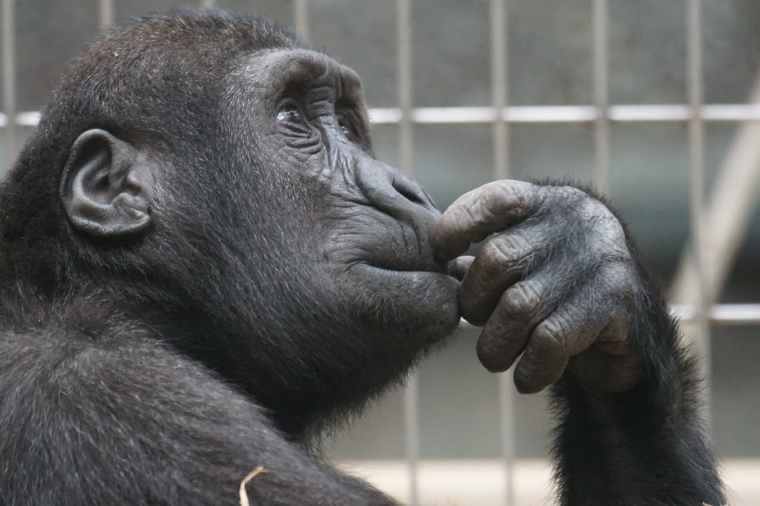Villains
Novelists Need to Know!

What is a villain, anyway?
What do you think of when you hear the word villain? It’s the ‘bad guy.’ Okay. Yes, but it’s more than a bad guy. Villains are without remorse. They. Are. Evil. They have no moral compass. No sense of right and wrong. They are motivated by things we cannot fathom, but we know a villain when we see one. Most of the time. The Literary Terms site indicates that the villain “comes up with plots to somehow cause harm or ruin.” There is no good side to the devil villain, they say. He (or she) has no redeeming qualities. The villain’s goal is to sow chaos and despair, and a good example is The Joker in the movie “Dark Knight.” Writers of fiction might want to explore why their villains get that way. Was it a bad childhood? A broken home? Really? Why is the devil evil? They say he was cast from heaven… he was an angel at one time, but why would anyone want to leave heaven? Or rather what did he do to get kicked out of heaven?
Why would Hitler be such a jerk? Stalin? Mussolini? Any of those guys? These real-life human beings represent variations on a theme of a fictional villain, from the fanatic, to lunatic, tyrant, traitor, outcast, and everything in between. Or maybe they made it so writers could write more realistic villains. Should we thank them?
How does a villain differ from an antagonist or anti-hero?
That’s a great question. The antagonist as defined in the website above is “the character who causes a problem or conflict for the main character.” They might not be evil, but may just be someone who makes it difficult for the protagonist to reach their goal. The antagonist could be society, or a stupid little brother, or a BFF who keeps the heroine from becoming prom queen, or saving humanity.
If You Are a Writer…
… these are important questions. Villains and antagonists are at the heart of story. What is the protagonist trying to do? What is their motivation for doing it? How badly do they want it? Will the antagonist be their undoing or will the villain tear down their defenses, make it too hard, and set them on a path of despair and failure? Readers keep turning the pages because they want to see what will happen if the heroine will succumb to trials and give up or press onward. The readers will want to keep flipping pages. Then what happened? Did their hero lose? Did they fall? Did they go to the dark side? Will their friends be able to help them? Flip. Flip. Flip.

I Have a Villain and an Antagonist
In my novel, Deathlist, the Ultimate Hack, Death is my gorgeous, unhappy protagonist, the devil is the villain and God is the antagonist. Yup. God does a good job of getting in Death’s way of being able to quit her depressing job. The Deathlist is a receptacle of everyone’s death date, which would be a good thing to know, I think. You may not agree with me, but I believe it has value. In fact, if I knew I were going to die this week, I’d do even more not to die of Covid, wouldn’t you? What a crummy way to go.
Well, that’s a little ways from talking about villains, but I guess I’m done. Meanwhile, would you say Covid is a villain or an antagonist? Let me know what you think.
I’m really done for now. Over. But not out. Yet.